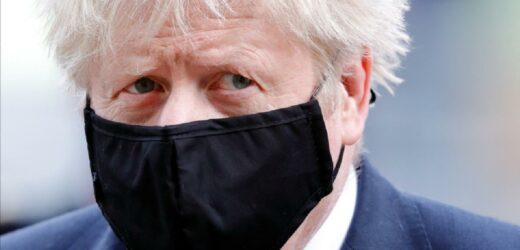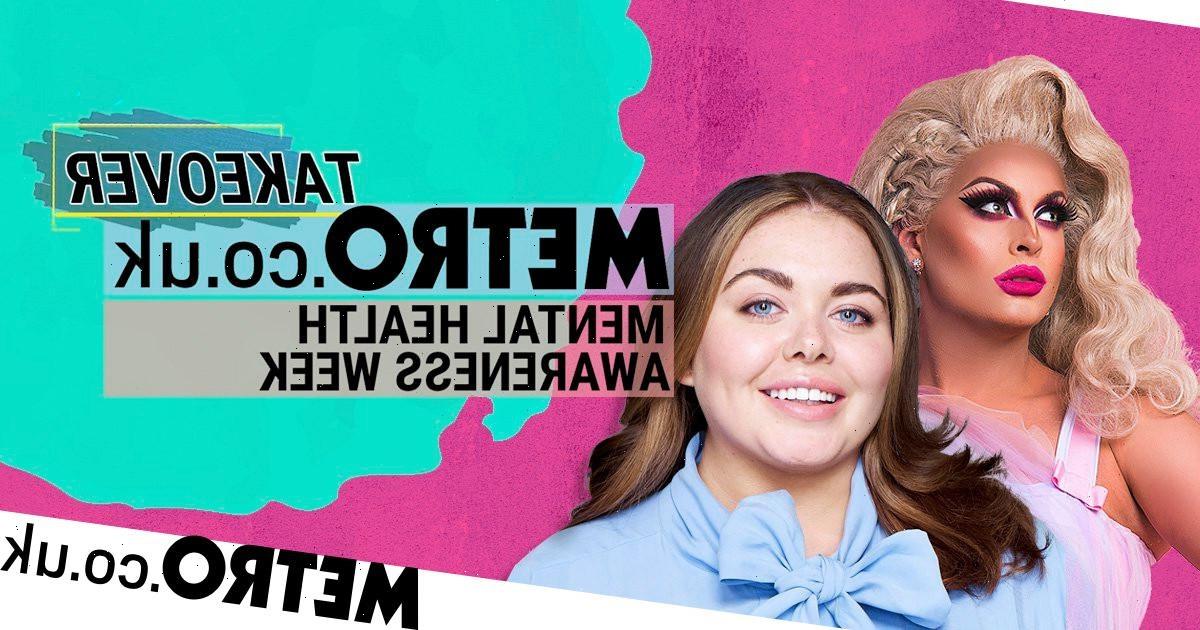WEARING masks has become a regular part of our lives, with Covid-19 measures dictating we wear them on public transport, in shops, cafes and pubs.
But under Boris Johnson's roadmap out of lockdown, face masks is set to be scrapped.
🔵 Read our coronavirus live blog for the latest updates
When will we stop wearing face coverings?
Wearing a face covering is currently mandatory on public transport and in indoor settings such as shops.
But rule is heading for the chop on June 21.
Social distancing will end in another huge lift for fed-up Brits.
Boffins are on board with the plans by the National Economy Recovery Taskforce.
Boris Johnson also aims to scrap the work-from-home order.
An insider said: “The current thinking points to social distancing going and mask wearing only in limited settings like buses, trains and the Tube.
“Obviously this is all dependent on final sign-off but the data is looking good and the political will is there for a proper lift-off.”
The Sun has learned that the National Economy Recovery Taskforce have discussed a “maximalist” approach to lifting “non-pharmaceutical interventions” like masks and staying apart everywhere except for a small list of confined places.
Mr Johnson laid out his four step plan to ease lockdown in a 68-page document on Monday, February 22, and expressed hope that life could return to normal by the summer.
In the roadmap, the Government says: "Social distancing is difficult and damaging for businesses and, as a result, it is important to return to as near to normal as quickly as possible.
"Ahead of Step 4, as more is understood about the impact of vaccines on transmission and a far greater proportion of the population has been vaccinated, the Government will complete a review of social distancing measures and other long-term measures that have been put in place to limit transmission.
"The results of the review will help inform decisions on the timing and circumstances under which rules on 1m+, face masks and other measures may be lifted."
Why do we need to wear face coverings?
Covid-19 spreads through droplets that are released when a person coughs or sneezes.
Face coverings should be worn to protect other people from coronavirus rather than yourself.
Masks should cover your nose and mouth – the two main sources of transmission.
The European Centre for Disease Prevention and Control (ECDC) says that the use of face masks in public places may reduce the spread of infection in the community when they are worn by people who might not realise they are infected with the virus.
When should I wear a face covering?
It has been compulsory to wear a face covering on public transport in the UK since June 15.
Their use is also mandatory in train stations, airports, ports, and bus and coach stations.
Wearing a face mask in shops became compulsory on July 24.
Face coverings are also compulsory in England and Scotland in venues such as banks, places of worship, and libraries.
They must also be worn when visiting attractions such as museums, galleries, aquariums and theme parks.
Pupils and teachers in all secondary schools in England have been required to wear a face mask in communal areas and corridors since the country entered a second national lockdown on November 5.
You should wear a face mask when it's difficult to social distance and where you come into contact with people you don't normally meet.
The general view among scientific advisers is that cases will rise later in the year but any winter spike will be manageable and much smaller than previous waves.
Health Secretary Matt Hancock suggested some people may choose to continue wearing masks after restrictions have been lifted.
He told MPs: “I fully expect that there will be some areas of life, without the need for laws, where people will behave more cautiously than previously.
“The wearing of masks is one where, before this pandemic, wearing a mask in public in this country was extremely unusual. I’d imagine some people will wear masks and choose to wear masks for some time to come.
“Our goal is to manage this virus, to manage the pandemic that it’s caused,
like flu.”
What are the fines if you don't wear face coverings?
The police can take measures if the public do not comply without a valid exemption.
Children under the age of 11 and people with breathing problems, mental illness, and/or physical disabilities are exempt from wearing a mask.
Transport operators can refuse access to services if a passenger is not wearing a mask.
Cops and Transport for London can issue fines of £200 (reduced to £100 if paid within 14 days) for the first offence.
Repeat offenders will have their fines doubled at each offence – up to a maximum punishment of £6,400.
Source: Read Full Article






